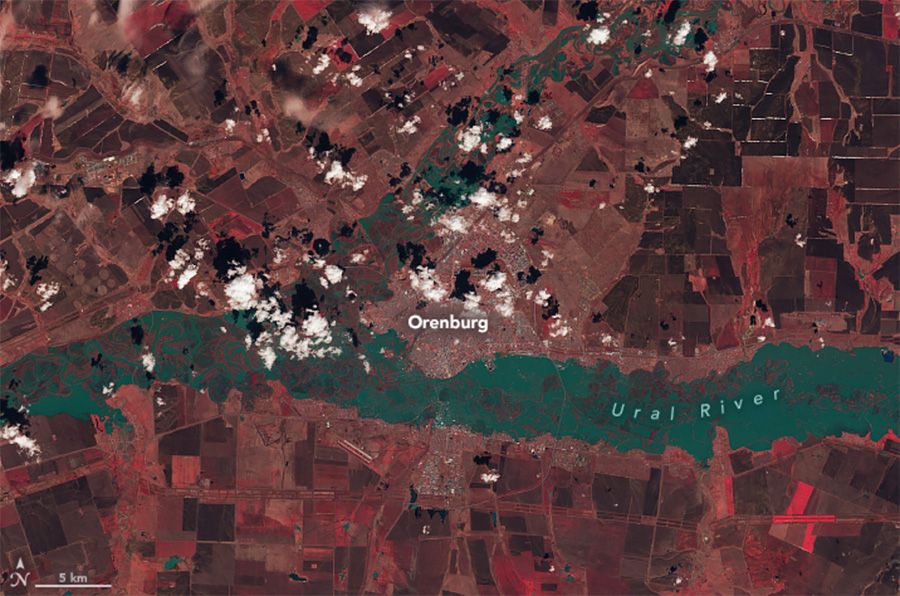Featured Videos
The Science of Snow: Digging for Data
It takes a lot of field work in challenging conditions to gather important snow data. This is the story of NASA’s last SnowEx campaign and those who participated in it.
SnowEx Sets Sights on Alaska
NASA’s SnowEx ground and airborne campaign is a multiyear effort using a variety of techniques to study snow characteristics, and the team concludes their final year in Alaska. Project Scientist Carrie Vuyovich previews the campaign ahead.
Water Cycle Extremes: Droughts and Pluvials
This visualization shows extremes of the water cycle over a twenty-year period (2002-2021) based on observations from the GRACE and GRACE-FO satellites.
Deep Concern About Food Security in Eastern Africa
According to a July 2022 report from the International Food Security and Nutrition Working Group, the worst drought conditions in 70 years across the Horn of Africa have more than 16 million people coping with a shortage of drinking water.


